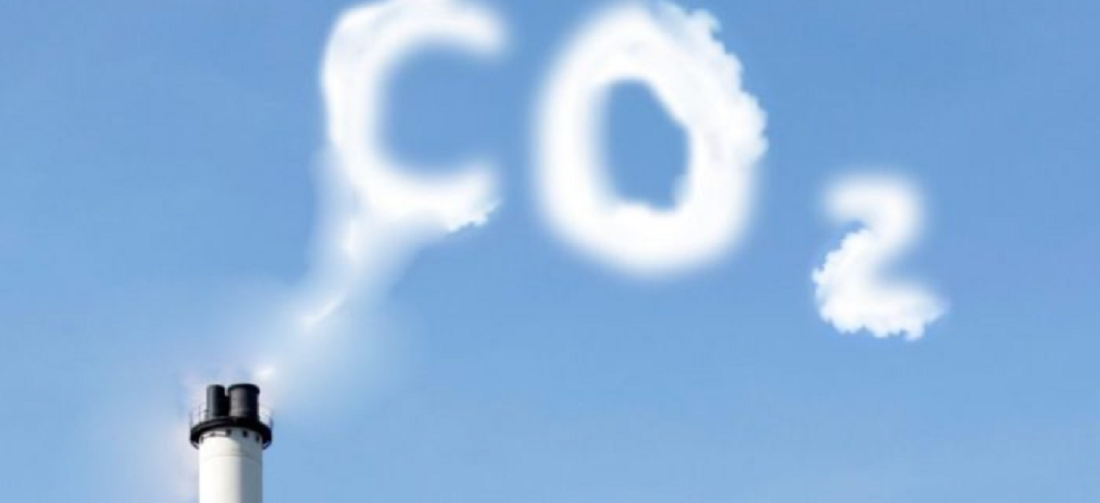
EU’s Border Carbon Adjustment Mechanism (CBAM) effects on global trade
Sep, 25, 2023 Posted by Gabriel MalheirosWeek 202339
On October 1st, the European Union (EU) will begin implementing its Border Carbon Adjustment Mechanism (CBAM), a type of carbon tax. This is the world’s first deployment of such a tax, and its potential influence on global trade is considerable.
While there will be no immediate charges, European importers will be required to submit detailed declarations for a range of products purchased outside the EU starting in the next quarter. This requirement alone is expected to complicate trade with the European bloc.
The CBAM, according to the EU, aims to level the playing field between European producers and those in other regions of the world. In the EU’s view, European companies face high costs associated with carbon emission reduction targets. If other countries do not adopt and adhere to similar emission reduction goals, companies in those countries will have a competitive advantage due to lower costs. This could lead to production shifting to countries with lower emission costs, a phenomenon referred to as “carbon leakage.”
The CBAM’s objective is to equalize these costs at the border by imposing an import tax, known as the carbon tax. In practice, European importers will have to purchase CBAM certificates to proceed with imports.
However, the actual carbon tax collection will not begin until 2026. For now, companies will only need to complete and submit detailed quarterly reports on specific imported products, including iron, steel, cement, fertilizers, aluminum, electricity, and hydrogen. These items are characterized by their energy-intensive production processes, where energy costs significantly impact the final product’s cost. The expectation is that this list of products will expand over time.
The quarterly import declarations must include, among other things, the quantity of each imported product and the equivalent CO2 emissions (which vary depending on the energy matrix of the producing country).
That alone poses a significant challenge for exports to the EU. Exporting companies will need to provide detailed information about their products sent to the EU, especially concerning emissions generated in the production process. Those unable to comply could see their products barred from the European common market. Studies indicate that gathering such data could entail significant costs for exporting companies.
Failure to correctly declare imports could result in fines for European importers. This transition period aims to allow companies to adapt to the import declaration process.
The carbon tax collection is highly controversial. There are doubts about its legality under the rules of the World Trade Organization (WTO), which lacks specific standards for addressing the relationship between trade and environmental commitments. It is highly likely that affected countries will challenge CBAM at the WTO.
In the case of Brazil, products that may be most affected include iron, steel, and aluminum, as their sales to the European market have the potential to increase due to the Ukraine conflict, which led the EU to ban imports from Russia. Depending on the amount, the carbon tax could also discourage Brazilian hydrogen production for the European market.
The chart below displays Brazil’s exports of iron, steel, and aluminum products (HS 72; 76) to EU countries, measured in TEUs, between January 2019 and July 2023.
Exports of iron, steel, and aluminum to EU | Jan 2019 – Jul 2023 | TEU
Source: DataLiner (click here to request a demo)
A 2021 study by the United Nations Conference on Trade and Development (UNCTAD) indicated that Brazil would be the eighth most affected country by the application of the European carbon tax, ranking behind Russia, China, Turkey, the United Kingdom, Ukraine, South Korea, and India.
It is unlikely that the European bloc will backtrack on CBAM, especially at a time when protectionism and support for local production are regaining relevance on the global agenda.
-
Jan, 10, 2023
0
Multipurpose shipping to outgun competing sectors
-
Trade Regulations
Apr, 27, 2020
0
Argentina pulls out of Mercosur trade talks
-
Grains
Aug, 08, 2022
0
Sorghum: Uruguay about to close agreement to export to China
-
Ores
Aug, 16, 2020
0
Vale´s Serra Sul project is approved

